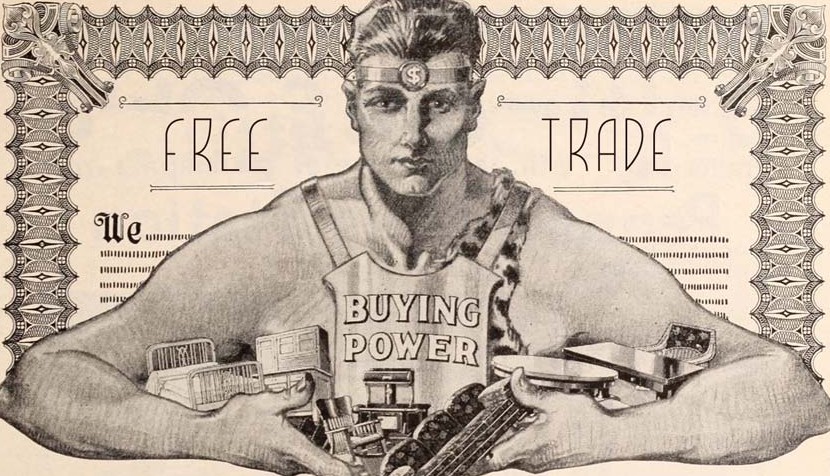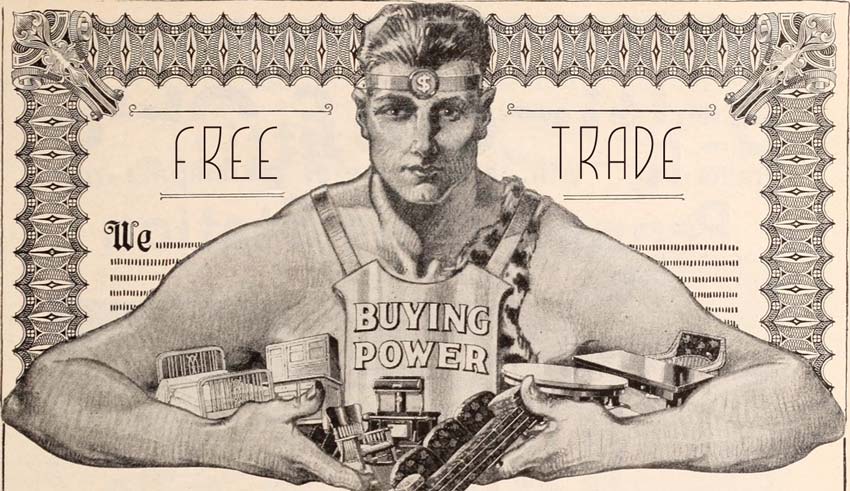At a White House meeting last week between President Trump and law enforcement officials, a Texas sheriff raised a concern about legislation introduced by a state senator to require a conviction before police could take someone’s property.
Mr. Trump asked for that senator’s name, adding, “We’ll destroy his career.” The room erupted with laughter.
“That joke by President Trump,” Fox News’s Rick Schmitt said on Monday, “has the libertarian wing of the Republican Party raising their eyebrows, instead of laughing.”
Not to mention the civil libertarians in the Democratic Party and the Libertarian Party itself.
Civil asset forfeiture, as we’ve discussed, allows police to take people’s cash, cars, houses and other stuff without ever convicting anyone of a crime — or even bringing charges. The person must sue to regain their property.
Lawyers aren’t free.
Two bedrock principles are at stake:
- that innocent-until-proven-guilty thing, and
- Our right to property.
Since police departments can keep the proceeds of their seizures, they’re incentivized to take a break from protecting us — to, instead, rob us.
“Our country is founded on liberties,” offered Jeanne Zaino, a professor at Ionia College. “[G]overnmental overreach is not something that is natural for Republicans to embrace.”
Schmitt acknowledged that “Libertarians would hate this. They don’t want big government. But they don’t have a lot of pull.”
Libertarian-leaning Republicans like Sen. Rand Paul and Rep. Justin Amash are trying to end civil forfeiture, but the president will likely veto their legislation.*
Let’s not wait. Activists in three Michigan cities put the issue on last November’s ballot and won. You can, too.
This is Common Sense. I’m Paul Jacob.
* FoxNews.com reported that, “Trump signaled he would fight reforms in Congress, saying politicians could ‘get beat up really badly by the voters’ if they pursue laws to limit police authority.”











